“Net-Work: this is not a group show”
Kirsty McNeil, Java Bentley and Robyn Walton
7 Apr → 13 May 2017
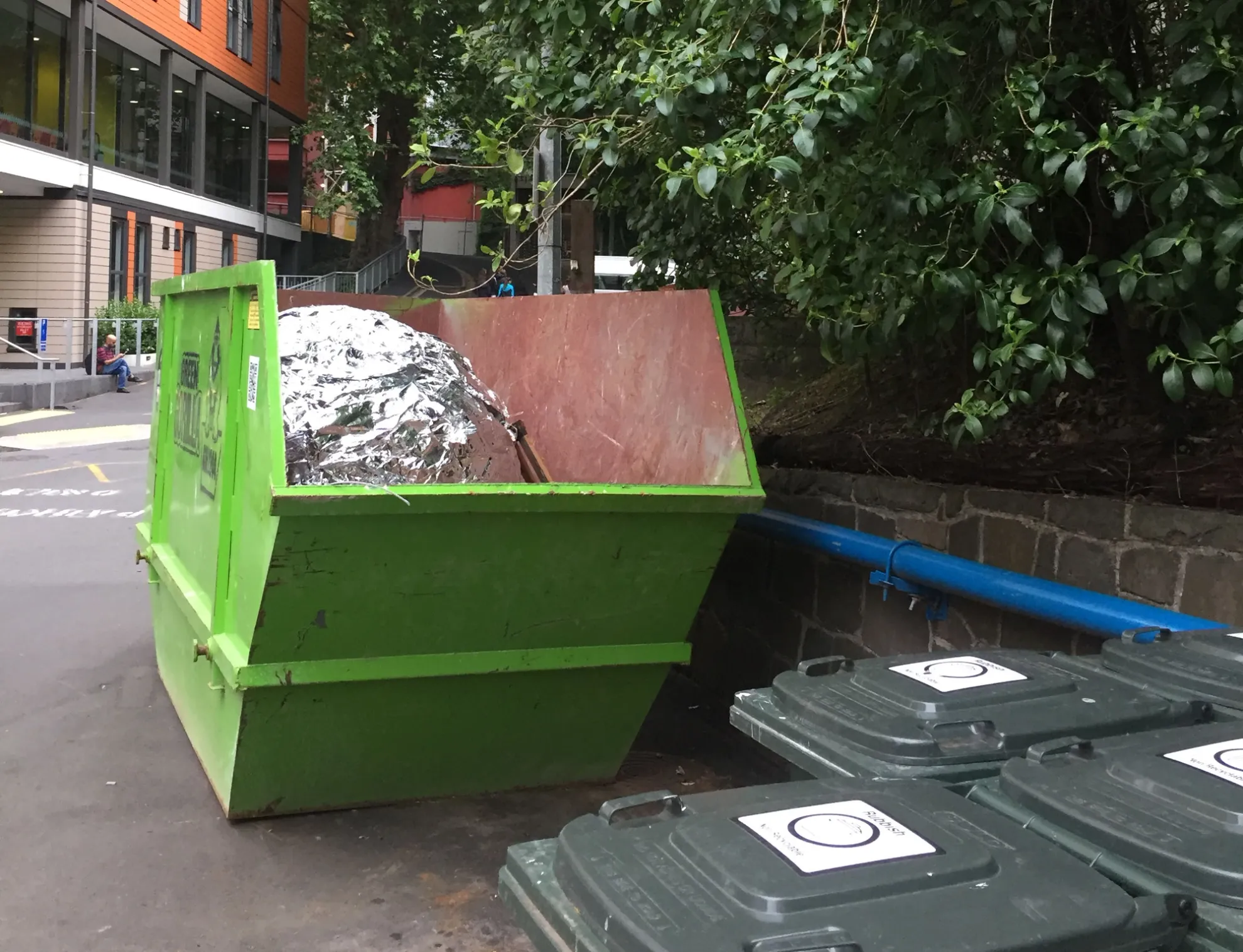
Net-Work is not a group show, but rather a materially experimental, collaborative project by three artists – Kirsty McNeil, Java Bentley, and Robyn Walton. Their installation is a deliberate engagement with risk: working within strict self-imposed limitations of time, space and transport logistics, and – even more significantly – risking letting go of individual ego to enable a collective approach to the work. What does it mean to pull together to get things done?
Their makeshift, provisional installation was created in-situ during the week prior to the opening – the artists know what they are doing, but they don’t know what they will be making. This installation period was the key part of the work, and therefore documentation of the thought process, and the dynamic between the artists, is critical.
The artists have worked closely together for four years at Elam School of Fine Arts, University of Auckland, and share a common interest in architectonic form with a formal interrogation of everyday materials. In 2016 all three were post-graduate students, exhibiting together at the Elam Grad Show (November), and What do I want? Where do I stand? (September). Recent group shows include Mechanism, Human Nature, and Here, Ocean in Us, at the George Fraser Gallery, Auckland, 2016.
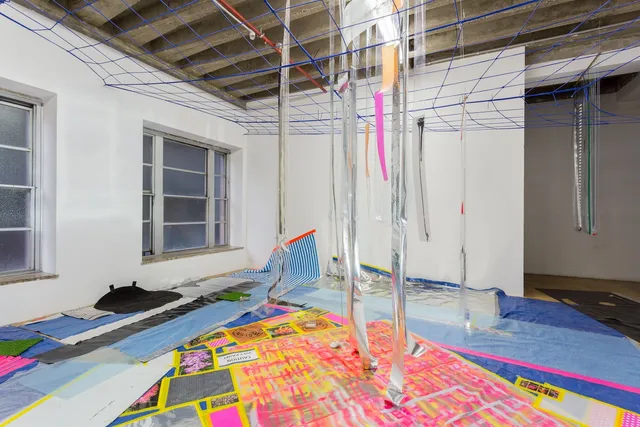
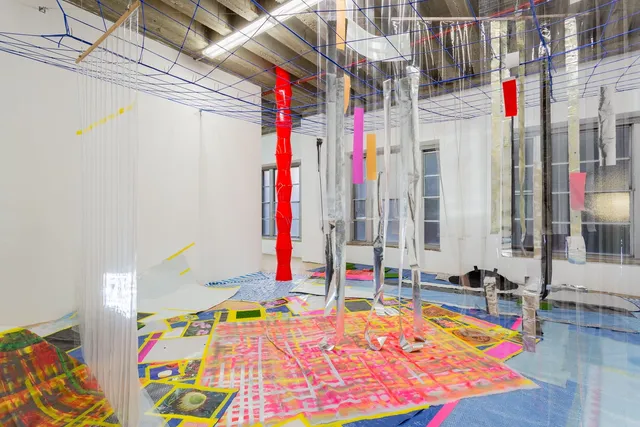
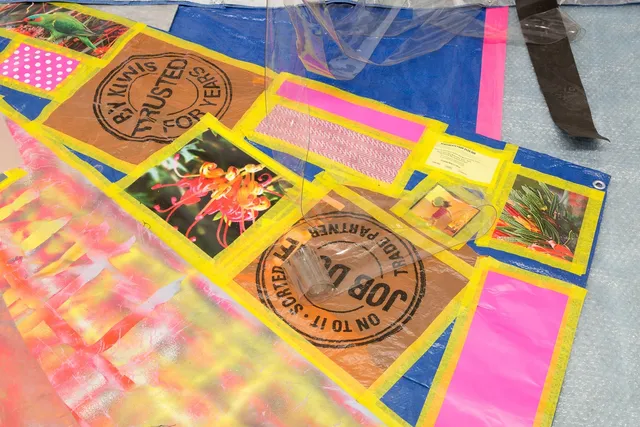
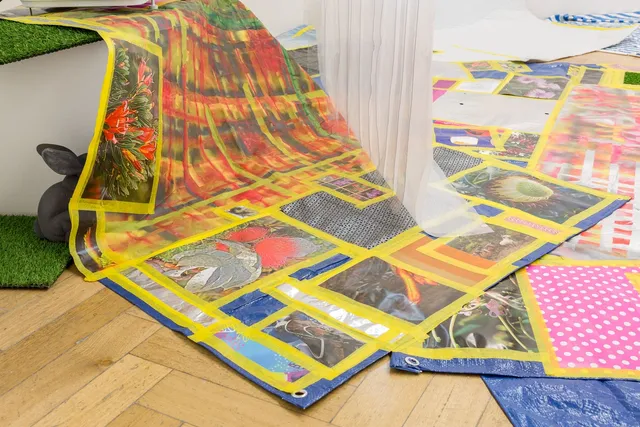
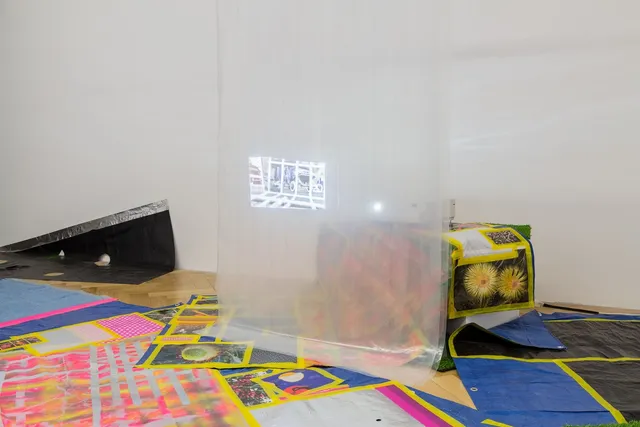
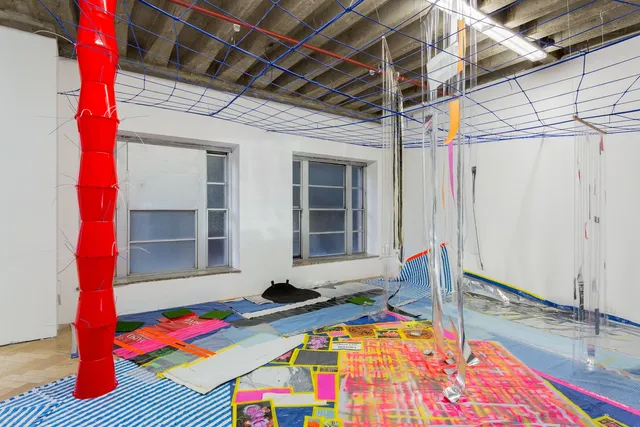
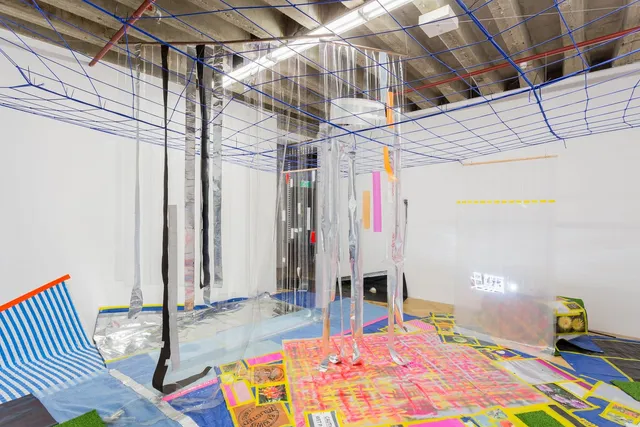
Kirsty McNeil lives and works in Auckland, New Zealand. Kirsty McNeil works in sculpture, photography and moving image. Her research uses everyday urban mobility, such as walking and public transport, as a model to critique the built environment.
Java Bentley is a sculptural installation artist inspired by the potential of everyday encounters and remembering treasures. Collecting data from experiences, found materials and the handmade, she responds to materiality feeding a series of small changes towards recycling, retelling and returning memories.
Robyn Walton appropriates mundane material as part of an ongoing concern with the theme of utility – particularly in relation to reproductive labour and maintenance work. Subverting the function of everyday objects upends our understanding of what an ‘art’ object or a ‘utilitarian’ object could be.